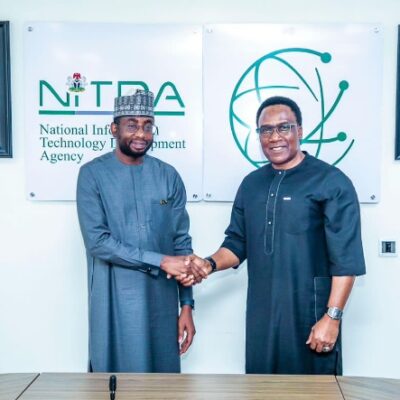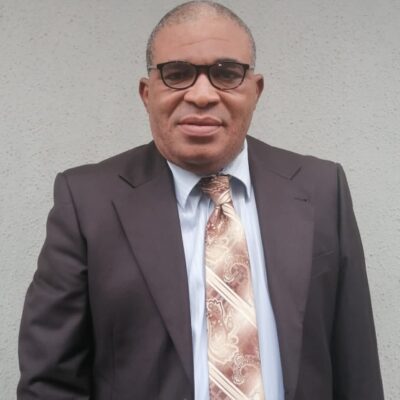
BY OLAPEJU OLUBI
Former Managing Director of the Nigerian Railway Corporation (NRC), Engr. Seyi Sijuwade, has condemned the practice of internal investigations into rail accidents, warning that it undermines public safety and leads to distorted findings.
Speaking at the NSIB Multimodal Transportation Stakeholders’ Workshop in Abuja, themed
“Strengthening Transport Safety Standards Through Collaboration,” Sijuwade said self-investigation within the rail sector often shields senior officers from accountability and erodes institutional integrity.
“We have seen cases where train drivers remain loyal to their line managers. When faults occur due to poor maintenance, the reports often protect those in charge. Investigations led by operational staff cannot guarantee truth or objectivity,” he said.
He noted that departments under pressure to meet operational targets frequently overlook thorough investigations, allowing critical evidence to “disappear” and suppressing vital information.
“Those operating the trains should never be the ones probing accidents involving the same trains.
“Critical evidence disappears. And not by coincidence. It’s driven by fear of punishment and the instinct to shield colleagues”, he said.
Sijuwade urged that all transport-related accident investigations be led by the Nigerian Safety Investigation Bureau (NSIB) rather than operational staff or security agencies.
“When a crash happens, the first point of contact should be the NSIB. Not the police. Not security agents. Because the Bureau’s objective isn’t to assign blame, it’s to uncover causes and prevent recurrence,” he explained.
Citing international best practices, he referenced the United Kingdom’s model where operational, regulatory, and investigative responsibilities are separated.
“In the UK, you have the Office of Rail and Road for regulation and the Railway Accident Investigation Branch for probes. Neither operates trains. Here, the NRC does all three. That must change,” he added.
Sijuwade also advocated the creation of a dedicated enforcement agency to ensure that NSIB safety recommendations are implemented.
“NSIB cannot enforce its findings. Yet we expect the same institutions that caused the accident to correct themselves. It’s a dead end. We need a regulatory body that accredits, monitors, and enforces compliance,” he said.
He further called for anonymous reporting channels to encourage passengers and frontline staff to report unsafe practices without fear of reprisals.
In addition, he recommended formal agreements between the NSIB and emergency response agencies, including the police, DSS, and fire service, to clarify roles during accident responses across transport modes.
“This engagement must not end with a workshop. We need ongoing collaboration, full publication of findings and open communication with the public. That’s how we build a credible safety system”, he stated.
Olapeju is a journalist and aviation reporter.





